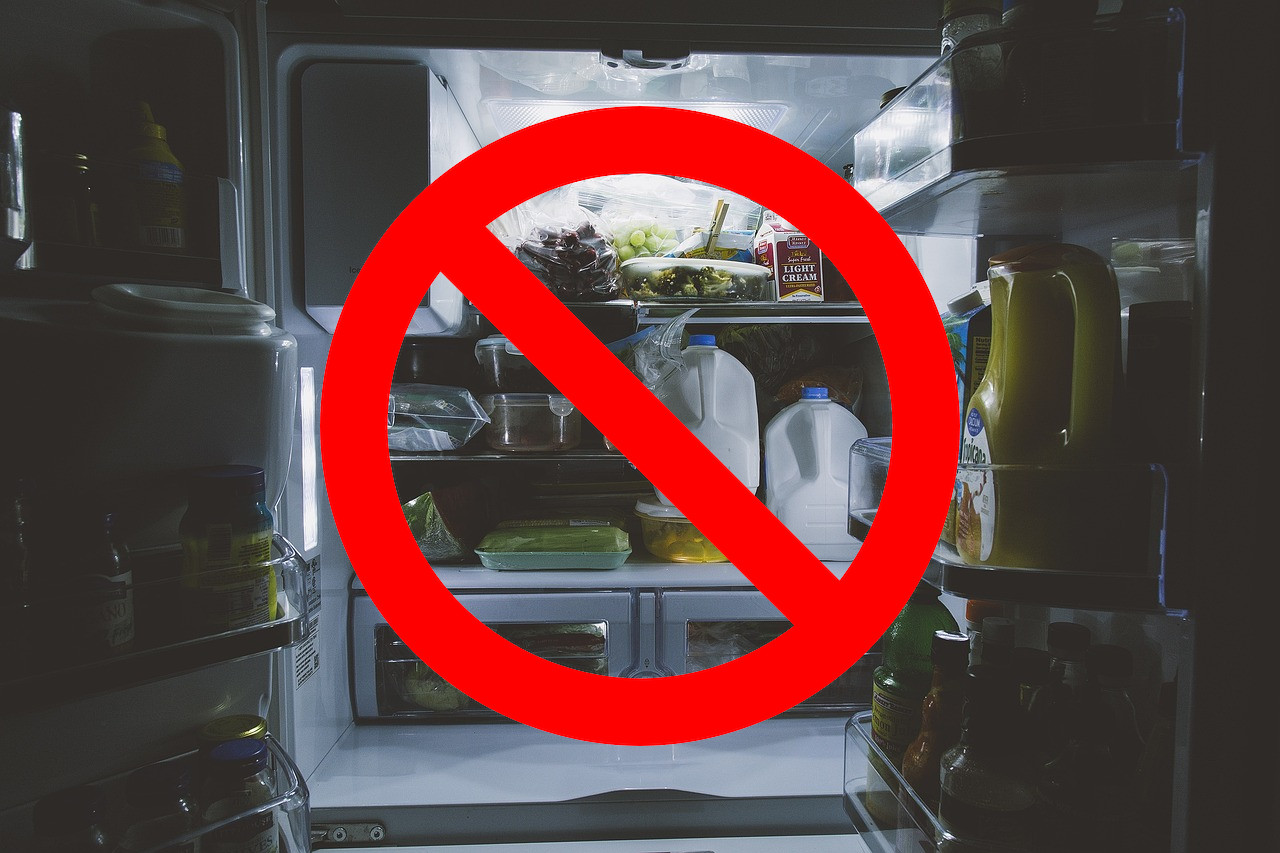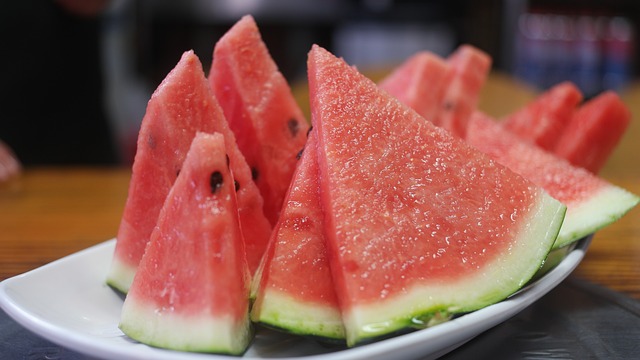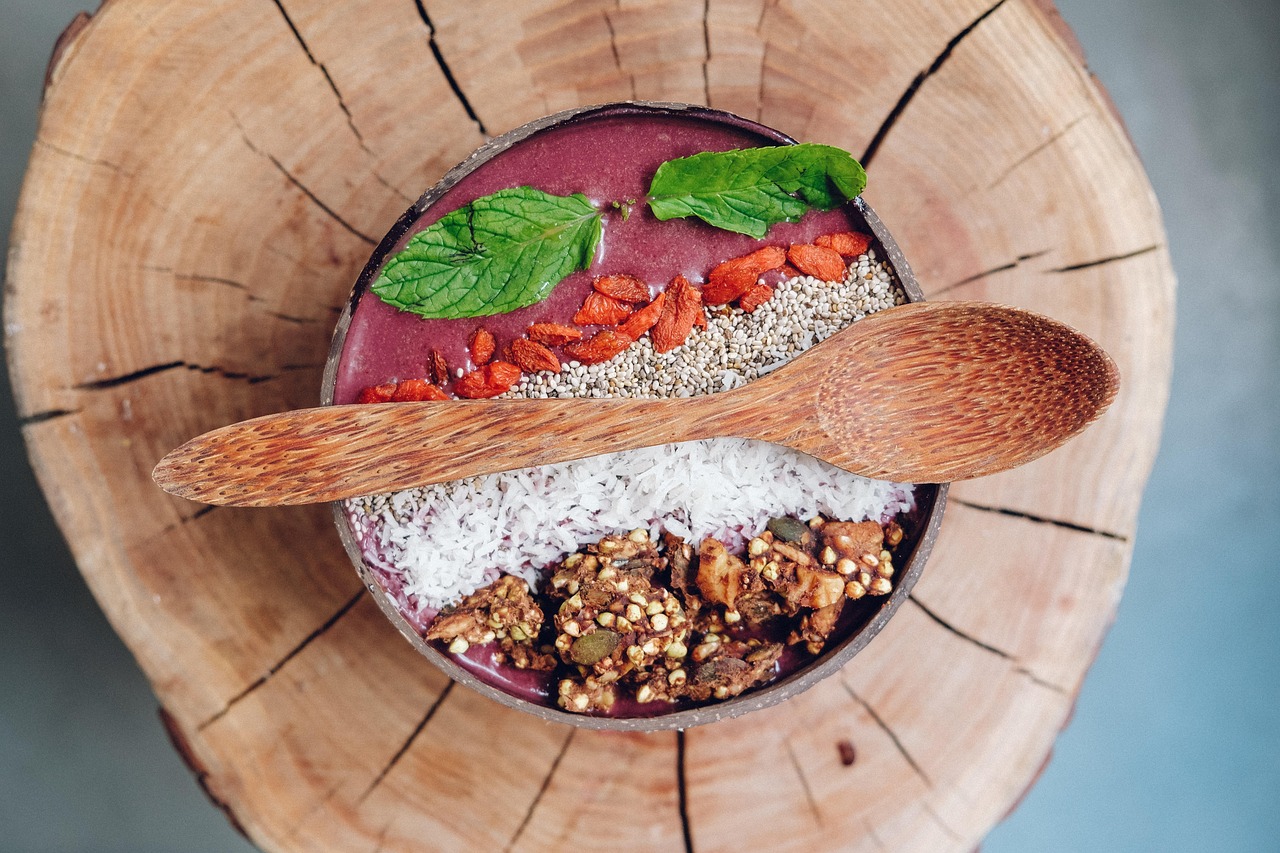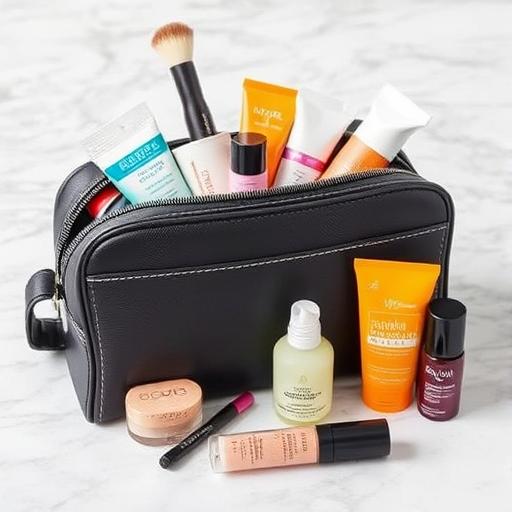
Have you ever wondered which foods truly need to be refrigerated? While it might seem like a safe option to toss everything into the fridge, there are some items that actually fare better outside of it. Here’s a list of foods that don’t belong in the fridge — and where they’re best stored instead.
1. Potatoes
Storing potatoes in the fridge can harm their texture and flavor. Ideally, keep them in a cool, dark, and well-ventilated space at a temperature between 4–10°C. Avoid freezing them, as they don’t tolerate that environment well either.
2. Honey
Refrigerating honey is a big no-no, as the cold will cause it to crystallize and harden. Honey thrives in a sealed container at room temperature or in a pantry.
3. Coffee
Coffee beans and grounds should be stored in a cool, dark, and airtight place, but not in the fridge. Temperature changes can create moisture, which negatively affects their aroma and texture.
4. Bread
Bread dries out and becomes stale quickly in the fridge. If you want to store it longer, the freezer is a better option — it can stay fresh there for up to six months.
5. Garlic
Garlic prefers a cool, dry, and dark environment, such as a pantry or cupboard. Keep it in a mesh bag or wrapped in paper for proper air circulation. Avoid plastic bags, as they trap moisture.
6. Watermelon

Whole watermelons should be kept at room temperature to preserve their flavor. Once cut, store them in the fridge to maintain freshness.
7. Onions
Onions, like garlic, should be stored in a dry, cool, and ventilated area. Only refrigerate them if they’ve been peeled or cut.
8. Fresh Herbs
Refrigeration can wilt fresh herbs like basil or parsley. For better results, chop and freeze them in ice cube trays with water or oil to retain their freshness.
9. Avocado
Unripe avocados need room temperature to ripen properly. Only refrigerate them once they are fully ripe to extend their shelf life.
10. Bananas
Bananas ripen best at room temperature. The fridge slows the ripening process, which is beneficial only for fully ripe bananas that you want to keep longer.
11. Tomatoes
Cold temperatures diminish the flavor of tomatoes and can make their texture mushy. Keep them at room temperature to enjoy their full taste.
12. Oils
Vegetable, olive, and coconut oils solidify in the fridge, making them difficult to use. Store them in a dark, cool cupboard instead.
By following these storage tips, you’ll not only keep your food fresher but also enhance its flavor and texture. So, take a second look at what’s in your fridge and give these foods the storage they deserve!







